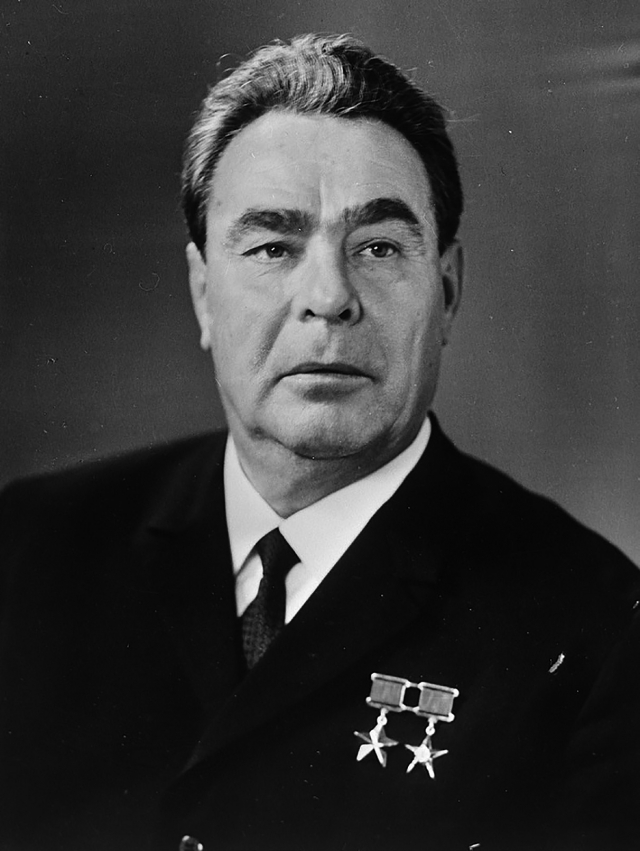What did ‘Mature Socialism’ mean for the Soviet Union?
Historian article

David Shipp analyses the state of socialism in the Soviet Union, from Brezhnev to Chernenko.
‘What is he thinking of? Reform, reform. Who needs it, and who can understand it? We need to work better, that is the only problem.’
These reported words of Leonid Brezhnev epitomise the view of the period of ‘mature socialism’ as the era of stagnation. Is it fair? Mature socialism was the term adopted to describe the official ideology of the Soviet Union after Khrushchev was ousted in 1964. It was state policy from 1964 to 1985, the longest period of collective leadership in Soviet history. Stalin and Khrushchev had both failed to deliver the promised short transition to communism. Compared with such hostages to fortune a less ambitious programme appears a conscious reset. So, was mature socialism a pragmatic, temporising philosophy for consolidating gains and setting realistic goals and expectations? Or was it bolder: an evolution of socialist thinking?...
This resource is FREE for Historian HA Members.
Non HA Members can get instant access for £2.49


